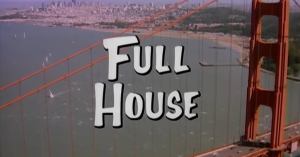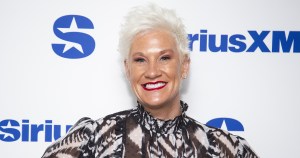Bryan Cranston is speaking out against “Cancel Culture” and asking the question, “Where does forgiveness live in our society?” A clip of the Breaking Bad actor sharing his opinion on the concept was posted on social media by the Associated Press and finds Cranston offering a perspective on someone “being ostracized for the rest of their lives” due to “having an impulsive reaction to something… and doing something wrong.” From his position, behavior born from “being frightened” that is later reconciled, is something that could benefit from a little more grace.
“You know we live in this ‘Cancel Culture’ of people erring, and doing wrong, either on purpose or by accident, and there’s less forgiveness in our world,” Cranston told AP. “I think we’re unfortunately in a coarser environment. I think our societies have become harder and less understanding, less tolerant, less forgiving. My question today was: Where does forgiveness live in our society? Where can we accept someone’s behavior if they are contrite, if they are apologetic, and take responsibility?”
Videos by PopCulture.com
Cranston then went on to ask, “Isn’t it possible that forgiveness plays a part in that?” He added that he feels it would be better if one was “welcomed back in as opposed to creating more fences.” The actor concluded his message by saying, “I think we need to take a second look at that, exhale, and realize that asking forgiveness and receiving forgiveness are not weaknesses, but are human strengths.”
Bryan Cranston hopes the new year brings changes to “cancel culture.” pic.twitter.com/Mynsl1fRZF
— AP Entertainment (@APEntertainment) December 30, 2020
The basis for Cranston’s take on the idea of “Cancel Culture” could be partly due to his most recent role in Showtime’s Your Honor, a thrilling drama series about a judge (Cranston) who helps his son cover up a hit-and-run accident that resulted in the death of a mob boss’ child. The bleak moral quandary that ensues is a big part of what led Cranston to the role in the first place.
“That’s what interested me,” he told Vanity Fair recently. “The premise itself, the idea of how far would a parent go to protect the life of their child—that’s every parents’ nightmare. To lose control of your number one responsibility, protecting your child—that was an easy hook.”
He later added, “I think the moral ambiguity of it is something people wrestle with all the time. It’s one of those questions that are asked in a theoretical world. Okay, if you had the chance to go back and kill baby Hitler, would you kill baby Hitler? Knowing what he would become, would you kill a baby? That’s just exceptionally deep.”









